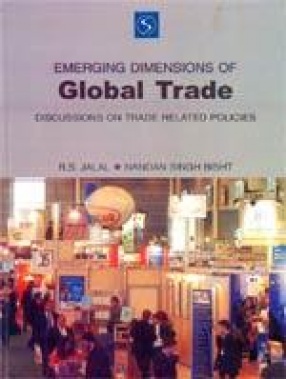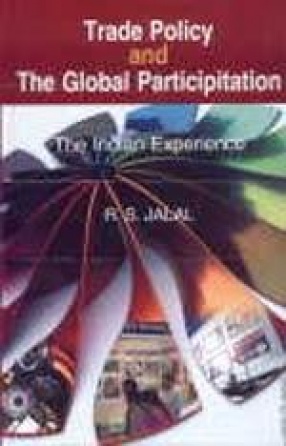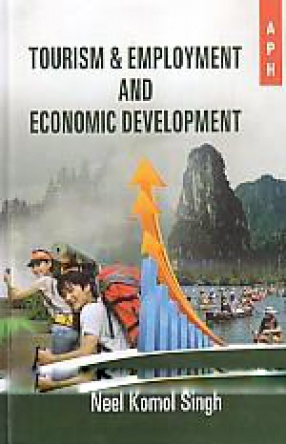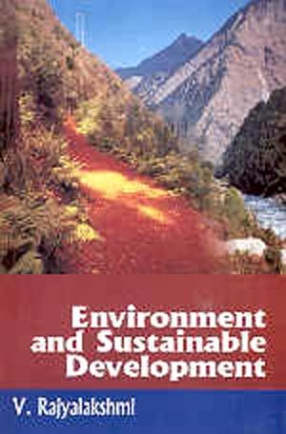New Economic Policy (NEP) or the economic reforms package was injected in the Indian economy 1991. A controversy is tabled for discussion even today as to thwther the NEP is enhthusiastically acceptable to Indian farmer, the rural petty manufactures and the class of craftsmen? As a founder member of GATT now WTO, India formally accepted it and took to for granted that Indian Farmers and rural industry-men would be, by and large. Gainers. Finally the Uruguay Agreement was enforced on I January, 1995. Before Uruguay Round, the Indian economy, then, was in a critical shape and radical changes hhad taken place at global level. India could not keep aloof from this new wave. Over the last dacde, our economt has witnesses policies. Today, liberalization, privatization and globalization are the basic features of trade related politicies, which has compelled the government to completely overhaul policies relating to industry, exim, fiscal and monetary regimes in the country. Removal of the trade and non-trade barriers for enhancing the size of international trade is basic objective of the WTO agenda. A decade down the line, it is, therefore, pertinent to ask, has India gained as result of liberakzation policy? If not, why has India not gained and what can be done to remove the constraints? This book presents a critical appraisal of aforesaid questions. it exmines the multifarious problems, and constraints, to trade related policies. Agreements on market access, agreements on multilateral rules, TRIPS, TRIMS, GATS, Disinvestments etc. more or less, all the aspects have been covered in this book. it is hped that the book would be foud useful to government executives concerned with the formulation of trade policies, students and researchers.
Trade Policy and the Global Participation: The Indian Experience
The increasingly felt need ...
$45.00
$50.00






There are no reviews yet.